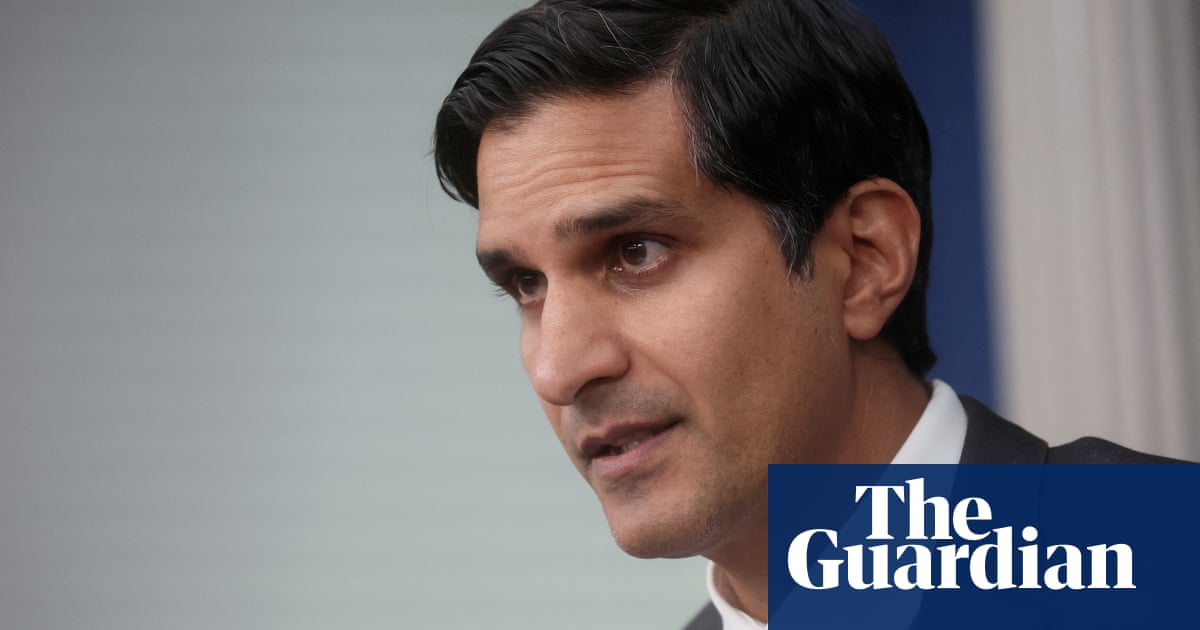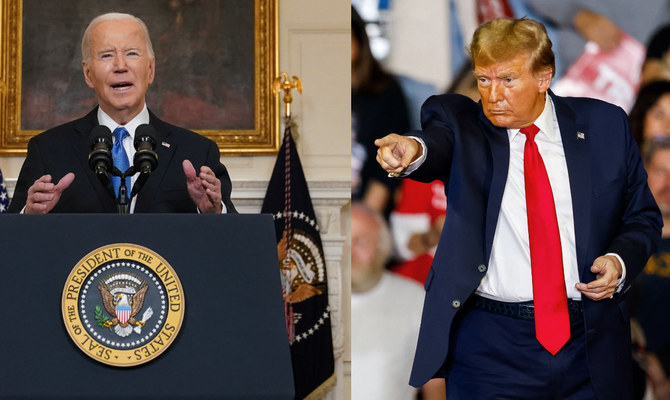
Russia’s shift towards a full-fledged war economy requires the west to extend its sanctions policy, including by sanctioning third-party entities that trade with Moscow, a senior White House official signalled on Tuesday.
Daleep Singh, deputy national security adviser for international economics, said the United States would consider export controls to prevent China-Russia trade that threatens American security and take further action to increase the cost of Russia using a shadow fleet to evade the G7 countries’ oil price cap.
US authorities could also broaden current sanctions language regarding financial facilitation, given Moscow’s moves to shift its economy to a war footing, he said.
Speaking at the Brookings Institution in Washington, Singh said: “If Russia is shifting its entire economy to a war footing, then does it make sense to restrict financial facilitation to a handful of sectors, or to a certain number of products which are [of] US origin when we know transhipment is the main way in which Russia is continuing to receive critical components that give it battlefield advantages in Ukraine? To our mind, that would be a mistake. It is time to adapt.”
His remarks were taken as a sign that the US was moving to back secondary sanctions, a practice whereby the US can target any entity known to be trading with Russia.
Since the Russian invasion nearly two years ago, the US has imposed hundreds of sanctions on companies and individuals, but until now it had stopped short of penalising banks and financial institutions for working with sanctioned entities.
Singh also said the G7 leaders at a summit next month would also discuss a plan that was the best chance to shore up Ukraine’s financing gap by endorsing proposals to monetize about $300bn in frozen Russian assets, a move he said was risky but necessary.
There was no consensus yet among the G7 countries to seize all the $350bn from Russian central bank assets, a move seen as a red line for many G7 partners.
“The question strategically is: do you just wait and hope that we get a consensus? Our belief is no you don’t … The situation in Ukraine is dire …
“If we have a way to act with solidarity, speed and appreciable scale – which I would define as at least $50bn – that is what you are supposed to do. We have an option at the table for our G7 leaders in Puglia to allow us to act in precisely that way,” Singh said.
He said the use of Russian assets to raise a loan worth $50bn was worthwhile on several fronts. “It is the financial support it provides, and the signal that it sends to Putin we are not going to fatigue and he is not going to outlast us, regardless of what happens in the remainder of the year,” he said.












